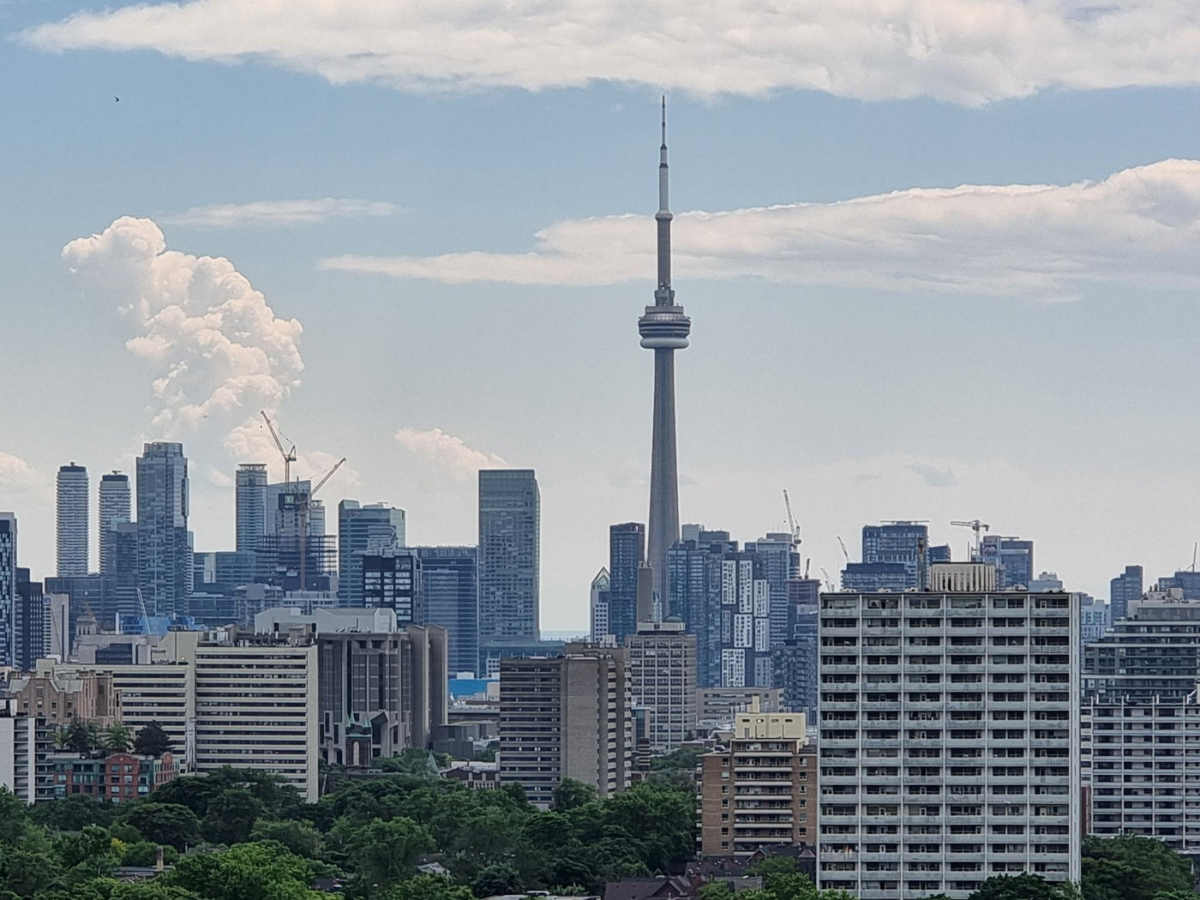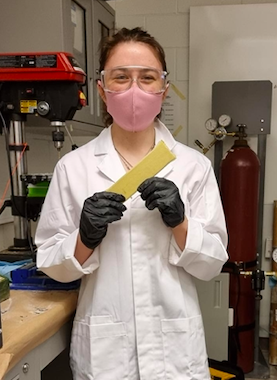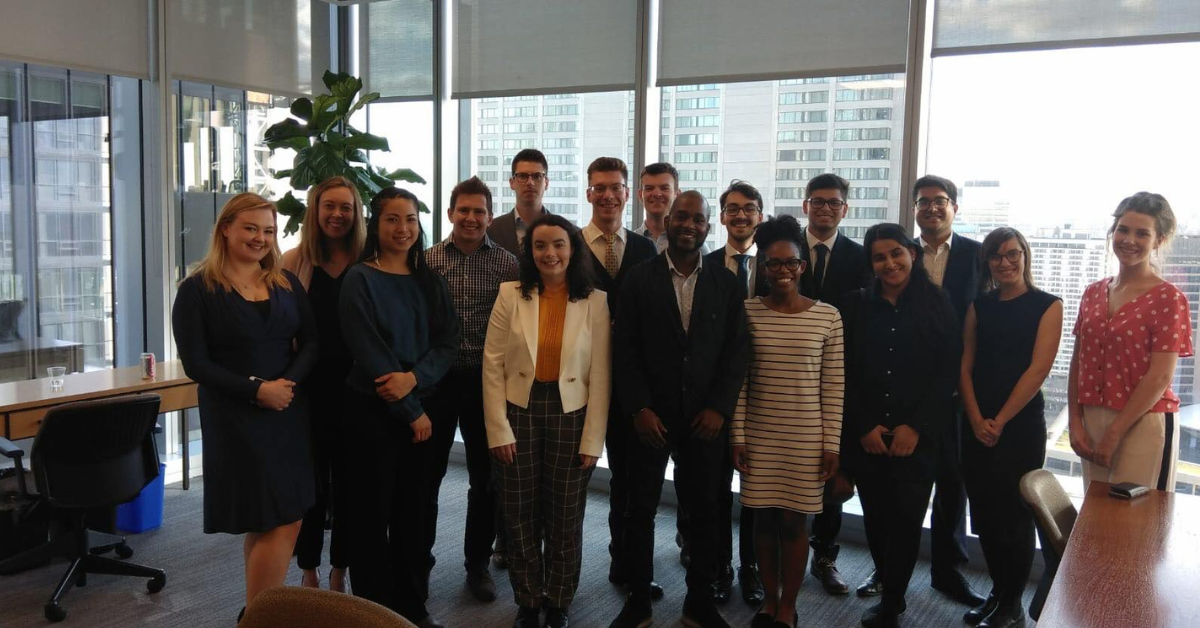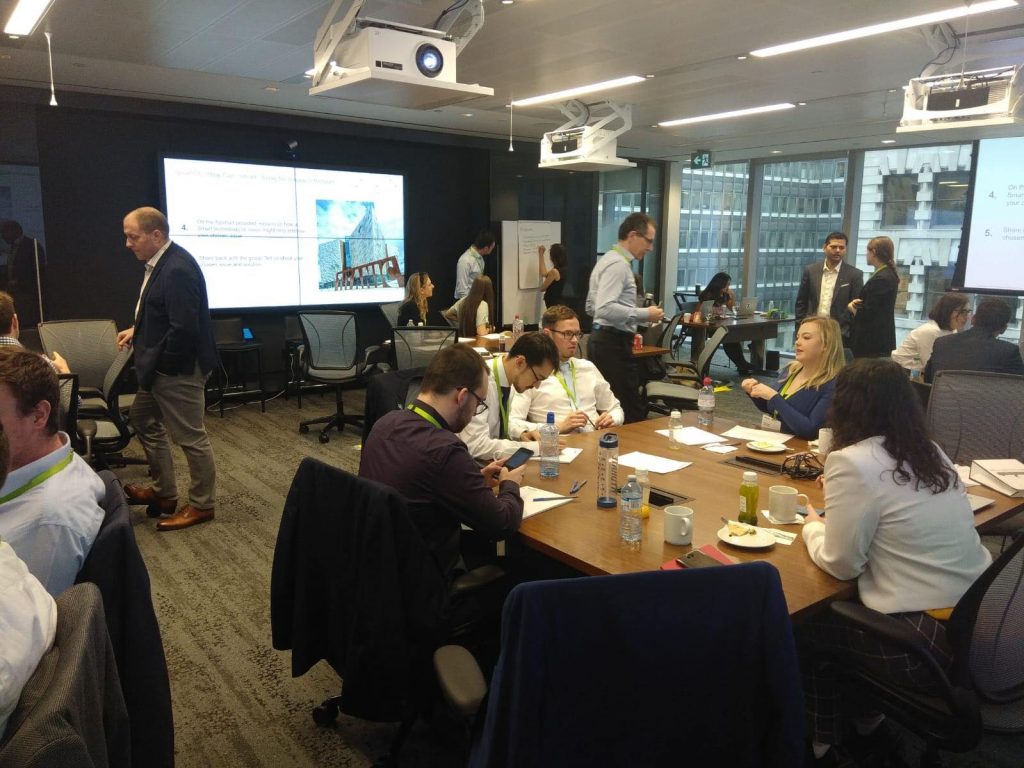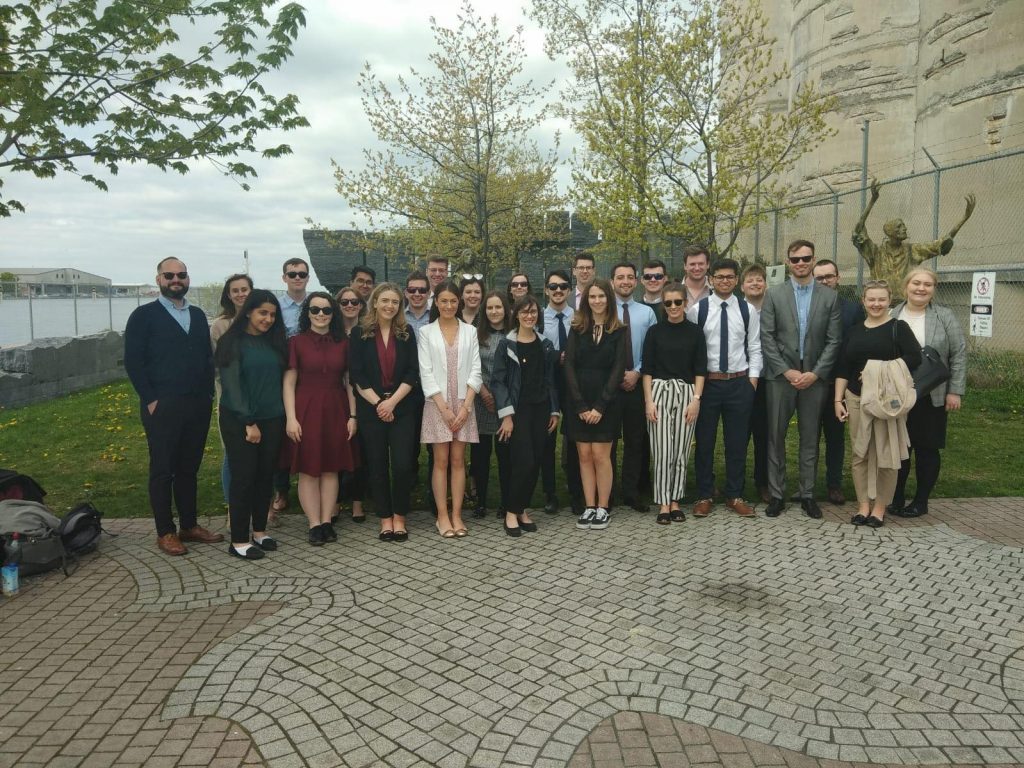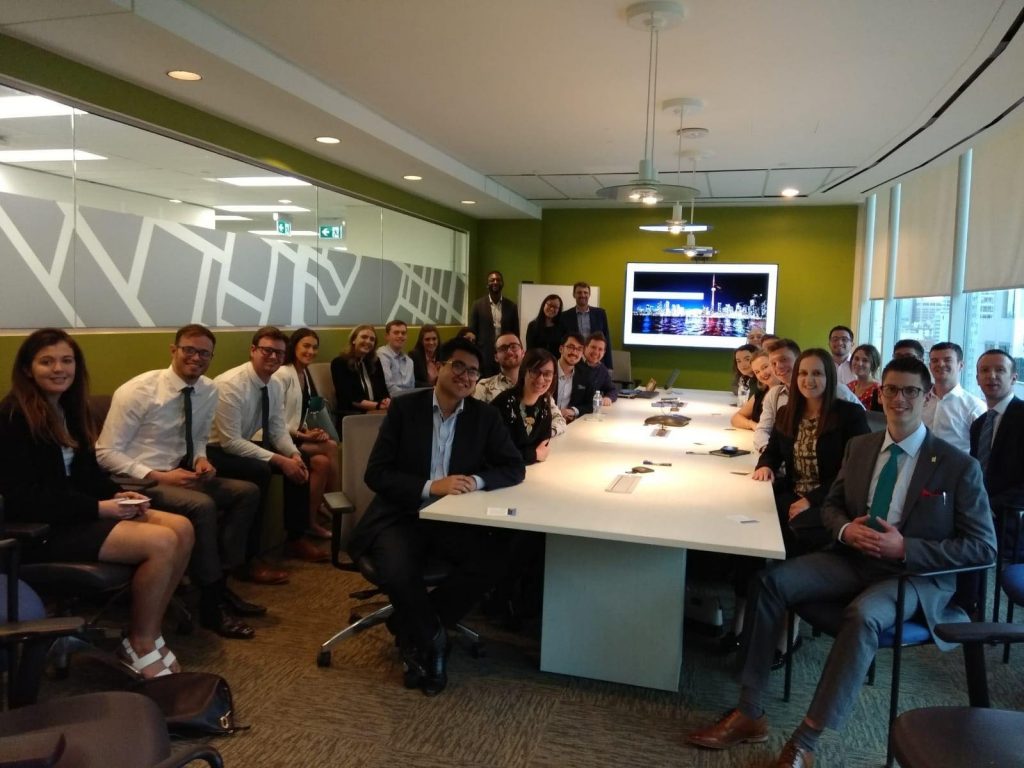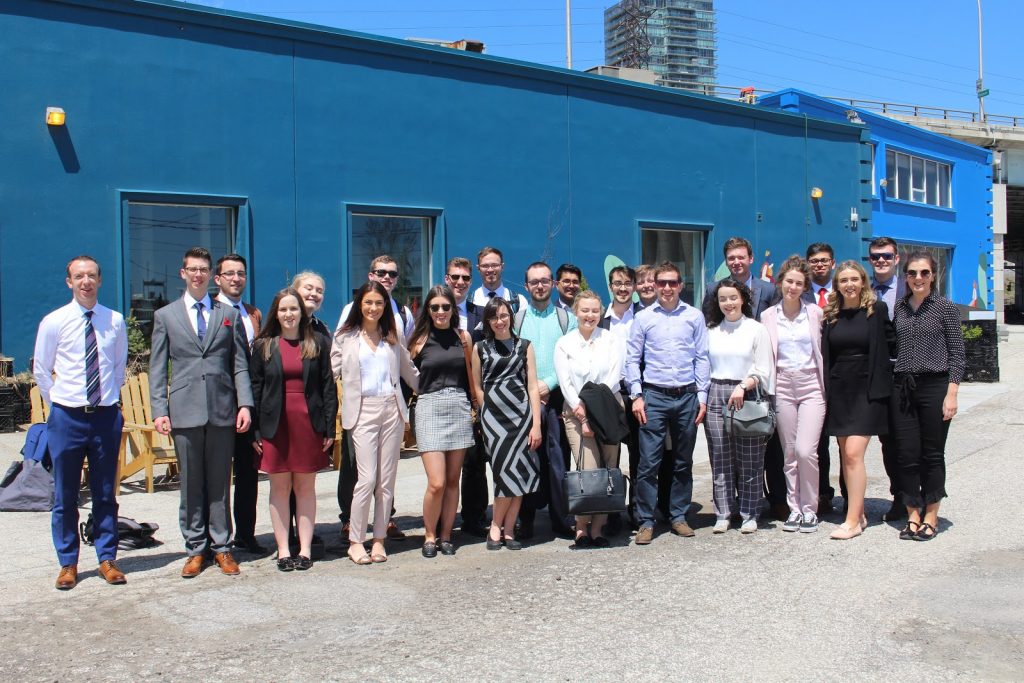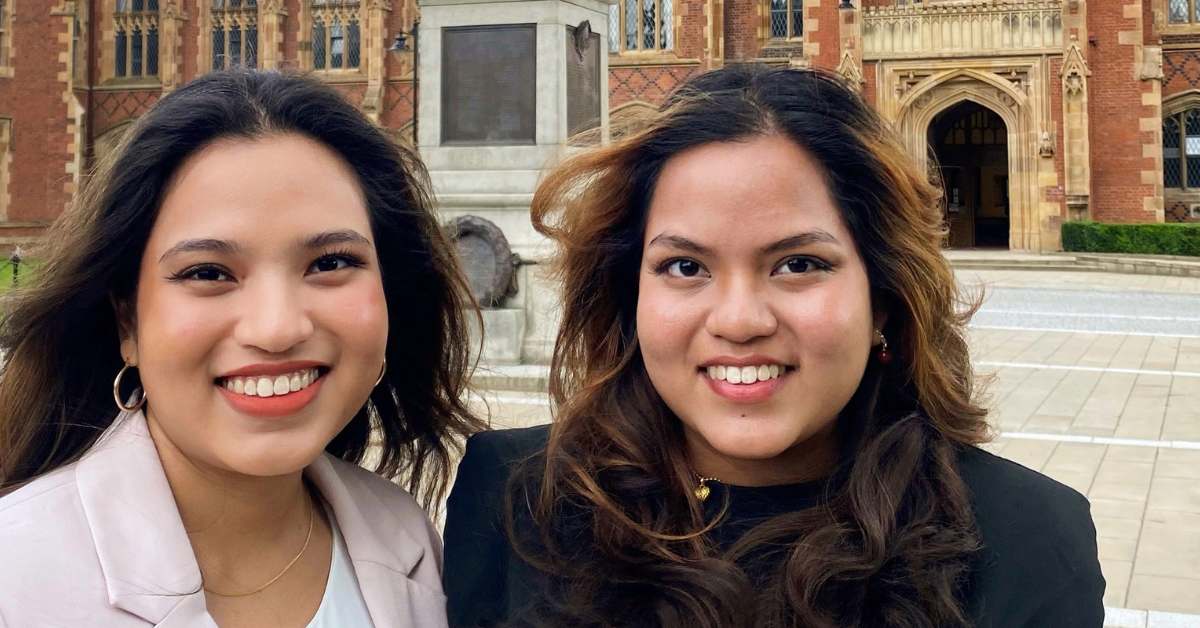As an employer, tapping into the diverse talent pool of international students can bring numerous advantages to your organization. The recent changes in UK immigration policies have made it easier than ever to hire international graduates, allowing you to benefit from their skills and knowledge. In this blog post, we will explore two key routes for employing international students: the Graduate Route and the Skilled Worker Route. Additionally, we will cover the salary requirements and the process of obtaining a Skilled Worker route license. Let’s dive in!
The Graduate Route
The Graduate Route offers international graduates the opportunity to work or search for employment in the UK for up to two years (or three years for PhD holders). This route presents several benefits for employers:
- No sponsorship required: International students can apply for this unsponsored route independently, relieving employers of the sponsorship process and associated costs.
- No employer fees: Unlike other immigration routes, the Graduate Route does not require employers to pay any fees.
- Trial opportunity: This route allows you to observe and assess the performance of international graduates before committing to sponsorship.
- Potential for switching to the Skilled Worker route: If you find a valuable employee during their time on the Graduate Route, they can apply to switch into the Skilled Worker route, providing a seamless transition.
The Skilled Worker Route
The Skilled Worker visa has replaced the previous Tier 2 visa and offers employers even more advantages:
- Increased flexibility in skill levels: Employers can now sponsor jobs at or above the minimum skill level of RQF 3, equivalent to A-level qualifications, making a wider range of roles eligible for sponsorship.
- No time limit or cooling-off period: There are no restrictions on the length of time an employee can spend under the Skilled Worker route, providing greater control over staffing plans. Moreover, there is no cooling-off period between a person’s Skilled Worker visa and their next visa.
- No cap on numbers and no Resident Labour Market Test: The removal of these requirements has significantly reduced the time it takes to sponsor a Skilled Worker, allowing for quicker and smoother recruitment processes.
- Lower salary commitment: The lower “new entrant” rate has been extended from three to four years, making it more affordable for employers to hire international graduates.
Salary Requirements
When offering a position to graduates switching to the Skilled Worker route, it’s important to meet specific salary criteria:
- New entrant salary: Graduates switching within the UK from the Student route or the Graduate Route are considered new entrants. The salary offered to new entrants must be at least £20,480 per year or at least £10.10 per hour, along with meeting 70% of the “going rate” for the job.
Skilled Worker Route License: To employ international graduates under the Skilled Worker route, you will need to obtain a Skilled Worker route license. Here are some key points to consider:
- License application process: You can apply for a Skilled Worker route license online by following the government’s guidance on becoming a sponsor.
- License fees: The license fees are £536 for small or charitable sponsors and £1,476 for medium or large sponsors. These fees are one-time payments, although you will need to pay again when the license is up for renewal (typically every four years).
- Processing time: The government aims to process most applications within eight weeks. For faster processing, you may opt to pay £500 for a decision within ten working days.
Closing Remarks
Employing international students offers great benefits to employers, fostering diversity and bringing fresh perspectives to the workforce. The Graduate Route and the Skilled Worker Route present excellent opportunities for hiring international graduates, with streamlined processes and reduced costs. By embracing international talent, you can strengthen your organization and contribute to a global workforce.
If you have further questions or need assistance with employing international students, don’t hesitate to reach out to the Careers Department at QUB. We are here to support you in navigating the recruitment process and making the most of the talent available to you.
Find out more here.

